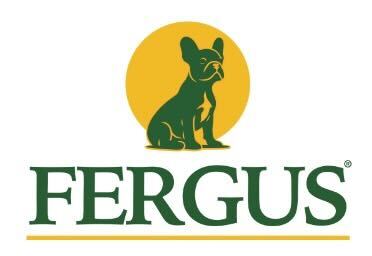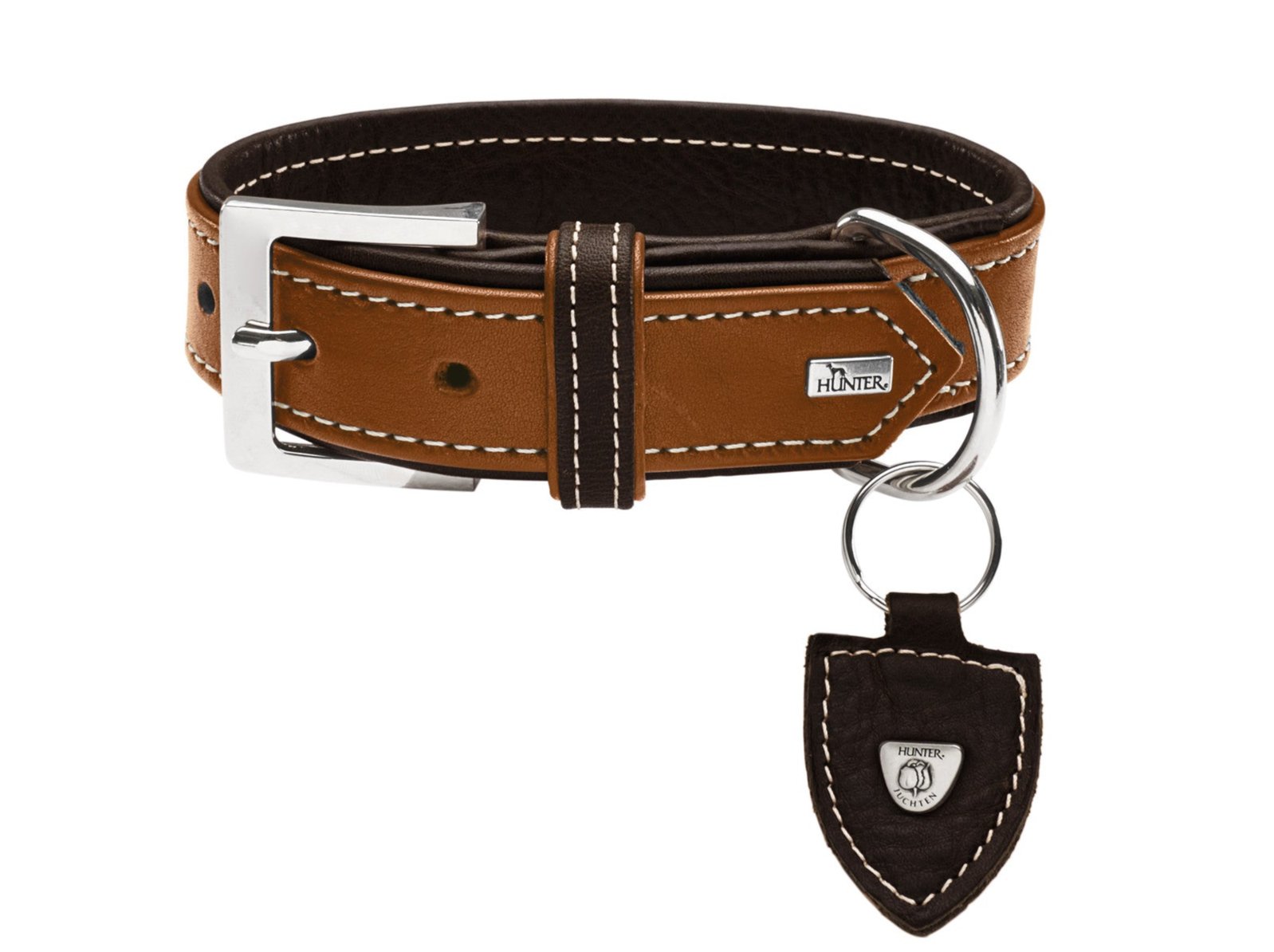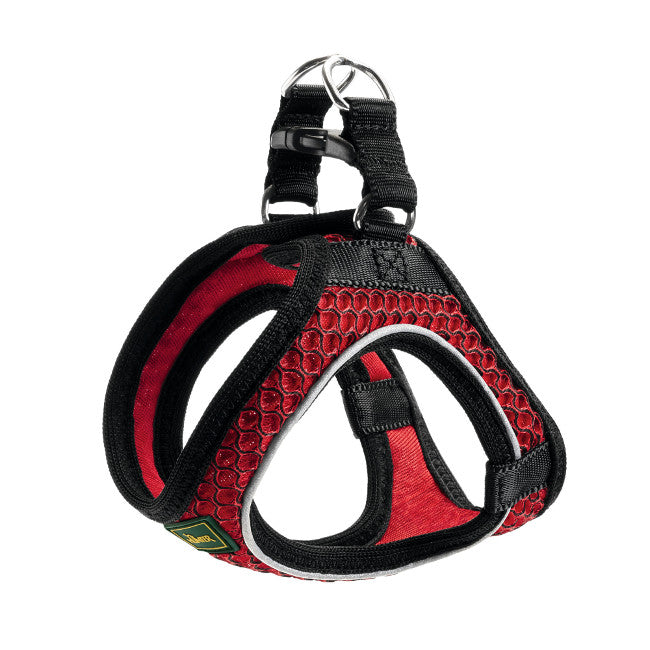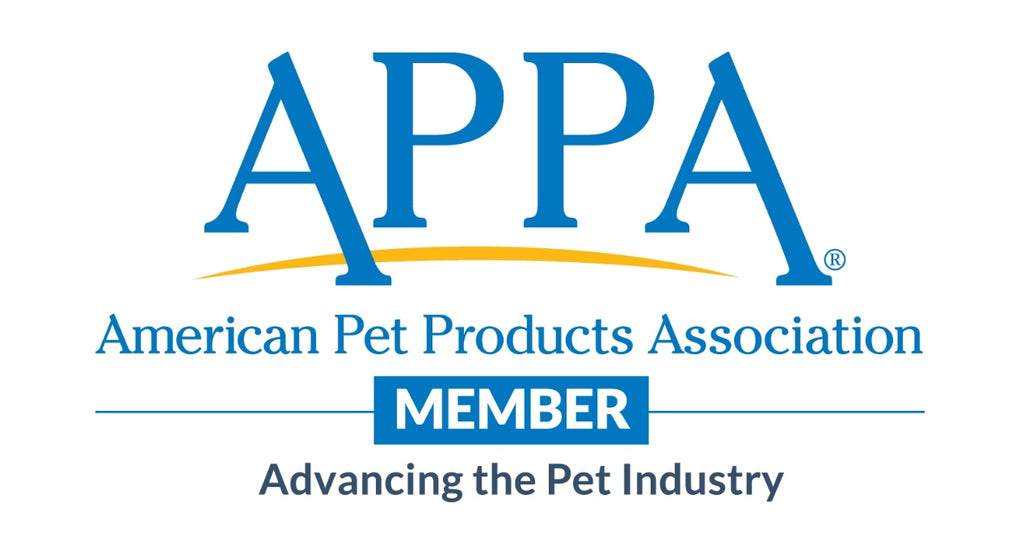National pet poison prevention month


MARCH IS NATIONAL PET POISON PREVENTION MONTH
Whether you have a dog, cat, hamster, or lizard, every animal has their very own list of toxins. We’re sure, we all would agree that an ounce of prevention is worth a pound of cure. So, how about to put a list of toxic substances on your refrigerator? Not every poisonous ingredient is obvious, so having a list handy is a great way to remind yourself what you should and shouldn’t allow your pet access to.

Knowing the basics by heart can be life-saving for your pet. Your dog, even during the pandemic now, might be at home most of the time alone. You should double check what areas your dog can easily reach and if there isn’t anything what can possibly be dangerous for him.
For example, most people know that dogs shouldn’t eat chocolate, but did you know that grapes, garlic, and xylitol (found in sugarless gum) are also extremely toxic? Other than that also avocado, chives, onion, macadamia nuts, raisins, yeast dough, caffeine and alcohol. Also, try to remove plants from the floor to some higher places.
If your dog spends a lot of time outside in the yard, you should not apply fertilizers, herbicides or pesticides when the pet is there, don’t let him be there right after the application and also remove/cover his water and feeding bowls. Pay attention also if you’re using cocoa bean mulch. Ingesting of that could develop the same signs as chocolate poisoning.

If you suspect your pet has ingested something that is poisonous, there are a few steps you should take. First, call the ASPCA pet poison hotline. The ASPCA Animal Poison Control Center (APCC) is your best resource for any animal poison-related emergency, 24 hours a day, 365 days a year. If you think your pet may have ingested a potentially poisonous substance, call (888) 426-4435. It’s not a free service, but it’s likely cheaper than an unnecessary trip to the veterinarian, and they can give you guidance on the next best steps.
If you’re sure that your pet has ingested something toxic, or if the APCC instructs you to do so, bring them to the vet right away. Your vet can take measures to stop the absorption of the poisonous substance in its tracks, as well as monitor them for any signs of toxicity.









Leave a comment